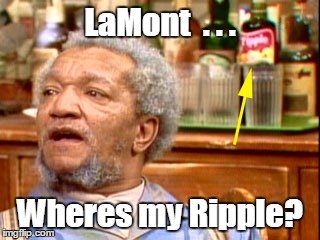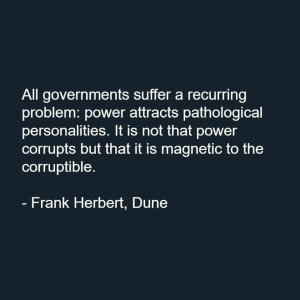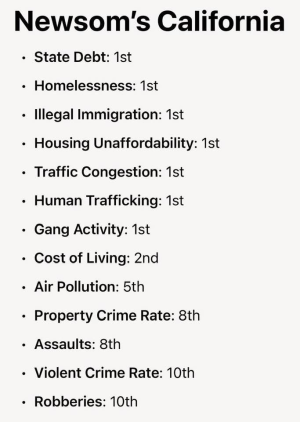The EU is a textbook psychiatric case: split identity disorder, obsessive-compulsive disorder, paranoid delusion, manic depression, and addiction to dependency.
1. SPLIT IDENTITY DISORDER: it claims to be democratic, yet its power rests in unelected commissions. It wants to be a nation, an empire, and a marketplace at once — a patient torn between contradictory personalities, unable to integrate them into a stable self.
2. OBSESSIVE-COMPULSORY DISORDER: every problem, no matter how small, triggers an uncontrollable urge to produce new regulations. Plastic straws, cucumbers, lightbulbs — the compulsions are endless. The ritual is always the same: draft, debate, legislate, and congratulate. These rituals do not cure the anxiety; they only reinforce the disorder.
3.PARANOID DELUSION: it imagines “threats to democracy” behind every dissenting election result, sees populism as a contagious plague, and treats any assertion of sovereignty as a conspiracy against “European values.”
4. MANIC DEPRESSION: episodes of grandiose mania produce projects like the Euro, the Green Deal, or “strategic autonomy,” declared with euphoric certainty. But soon after comes depression: crises in Greece, energy shortages, humiliations in foreign policy. The swings are violent, the patient unstable.
5. ADDICTION TO DEPENDENCY: the patient cannot provide its own defense, energy, or even basic demographic renewal. Like a patient reliant on sedatives, it survives by importing security from NATO, gas from abroad, and migrants from the global South — all while denying the addiction exists.
Clinically, the EU is not a healthy federation but a psychiatric ward disguised as a government. Its disorders are layered, chronic, and self-reinforcing. And like many untreated patients, it refuses diagnosis, insisting that its hallucinations are vision.

















